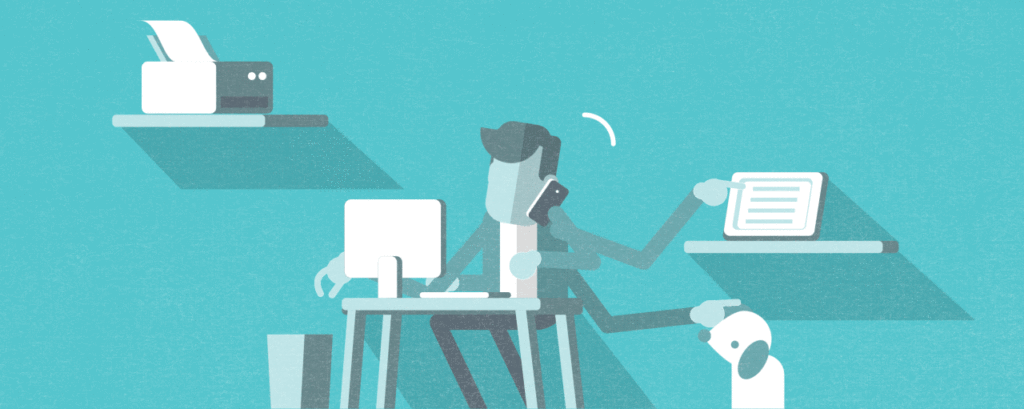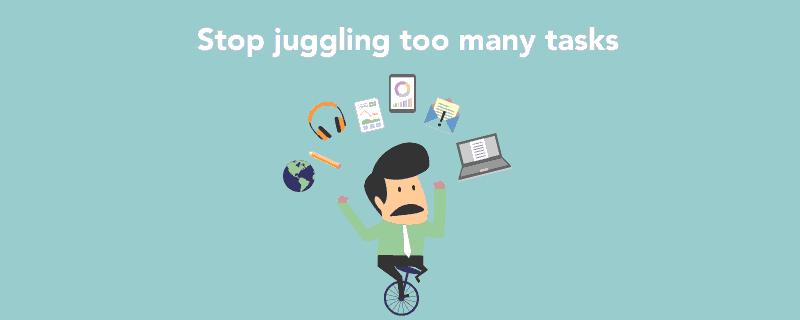Time Management applies both to efficient and effective time management such that the right time for the right task is allotted. It was correctly said that nobody is waiting for time and tide. Therefore, time management is how you schedule and exert control over the amount of time you spend on particular tasks, in particular, to maximize performance. Efficient time management enables people from different places to spare time efficiently by the person’s time available. Time management is typically very critical to the workers whose task is to produce the product at the right time and to the student who needs to manage their schedule efficiently to handle their research and other life activities.
Since time is very limited, and everyone has to handle it all within 24 hours, many items can be substituted or priced, but you can not buy, substitute, or pause the time. One needs to handle their time wisely if he or she needs to make the most out of the time. Time management is a very important activity and can be supported by a variety of skills, methods, and tools used to manage the time needed to perform certain tasks, projects, and deadlines to meet a due date or schedule something in particular. One of the primary objectives of time management is to get to know how you can use your time and available resources to plan, prioritize the work and excel in your work, and get away with working on time so that you have enough time to spend with family and friends.

A time management system is a mixture of structured procedures, mechanisms, technology, and method. In our personal and professional lives, time management plays a major role. There may be several tools for efficient preparation. These are:
- Prioritization of their processes and projects
- Avoid overabundance
- Concentrate on your objectives
- Taking the time to do the right thing
- Make goals and priorities at the correct time
- Analysis of your capability and make strategy accordingly
- Set your job deadlines
- Responsibility delegation

Time Management Tricks
Make a daily schedule
Use the starting of the day to generate a daily to-do list that best suits your daily schedule. As you complete your task, strike over it. This little trick gives you additional inspiration.
Allocate time limit to your task
See your time allowed for each task and then perform tasks. After completing the task check it again and identify the work that takes longer than expected. You can concentrate more and work more efficiently by imposing time limits on the task assigned. When you still go beyond such time restrictions, check your flow of work, and remove short time spaces such as unplanned breaks.
Do not try multitasking
The multitasking myth has been destroyed by researchers. If you think you can do a lot at once then retain your expectations of quality.

Do not delay
Some students are waiting to be inspired by others. Companies do not carry out major tasks if they are not in a perfect working environment. You shouldn’t have to feel like doing something about consciousness. Note the thoughts and emotions that come from an external viewpoint when working and starting working. Even if you feel uncertain, start tasks and confide in your motivation to obey.
Keep breaks between study session
Only for 90 minutes in a single time, the human brain can focus on study. Science can not be changed but your strategy to tackle it can surely be changed. Plan a diversion at least every 90 minutes to prevent exhaustion and keep your day high efficiency.
Do exercise regularly
Exercise helps you overcome difficult things regularly. Researchers have demonstrated that short and vigorous exercises can be as advantageous for prolonged sessions. Put some time apart for shorter exercises.
Expertise another side of your brain
Hobbies involve the brain sections that you don’t function with very often. Try to indulge in leisure hobbies. With this, you will solve problems more easily and be more imaginative. The time you spend outside your convenience zone contributes to greater impact. Learn to sing if you are a doctor. Practice kung fu if you’re a piano player. Go out and socialize if you are a computer scientist.

Do not get distracted
When working on targeted tasks, use the “Do not disturb” feature of your smartphone. Shift your concentration by operating on only one screen and opening only one tab.
Make use of the calendar
For so much more than just arranging meetings, a calendar can help you in many ways. Use your calendar to monitor commitments, block periods for concentrated work, and add locations to gatherings automatically. If you think your schedule for this day is not being promoted by the timetable, simply cancel it. Don’t make unnecessary assumptions to complete every task daily.
Focus on sleeping
Scientists have discovered that very little time given to sleep leads to problems. Tired people get much easily distracted. Allow your brain to sleep at least 8 hours each night.




















